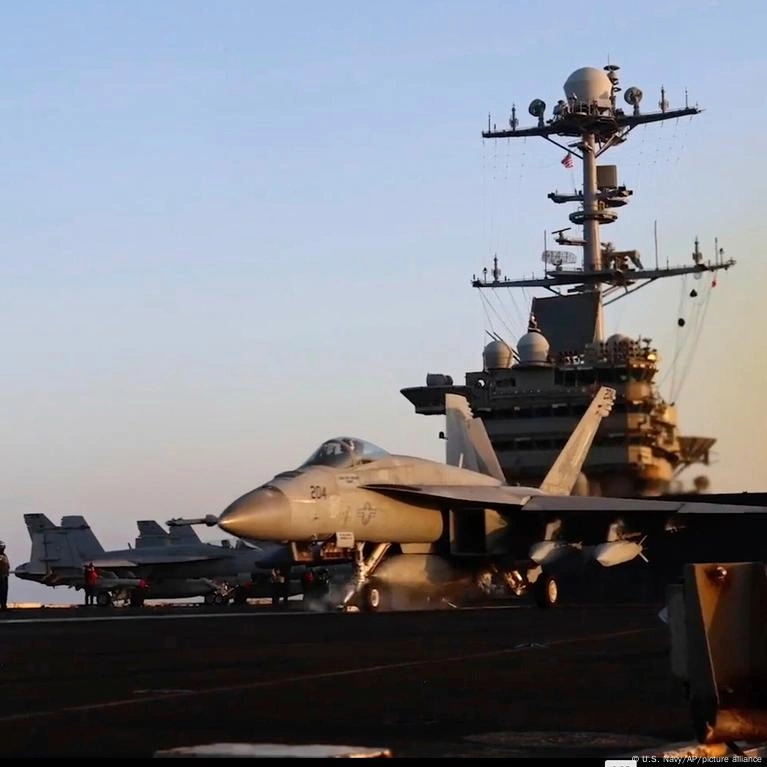In a surprising turn of events, U.S. President Donald Trump announced on Truth Social at 17:25 IST that India and Pakistan have agreed to a "FULL AND IMMEDIATE CEASEFIRE" following a night of intensive talks mediated by the United States. This development comes after weeks of escalating tensions and cross-border military actions between the two nuclear-armed neighbors.

The recent escalation was triggered by a deadly attack in Pahalgam, Jammu and Kashmir, on April 22, which resulted in the deaths of 26 individuals. India attributed the attack to Pakistan-based militants, leading to a series of retaliatory strikes, including "Operation Sindoor," targeting terrorist infrastructure in Pakistan.
The situation intensified with both nations engaging in missile strikes and air raids, causing significant casualties and displacements along the Line of Control (LoC). The international community, including the G7 nations, expressed deep concern over the potential for a broader conflict.

The Ceasefire Announcement
President Trump's declaration emphasized the role of U.S. mediation in achieving the ceasefire, stating, "Congratulations to both Countries on using Common Sense and Great Intelligence."
While the announcement has been met with cautious optimism, it raises several critical questions:
What mechanisms are in place to monitor and verify adherence to the ceasefire?
Given the history of short-lived truces, what measures ensure this ceasefire's longevity?
Does the ceasefire address the root causes of the conflict, or is it merely a temporary halt in hostilities?
International Reactions
The international community has welcomed the ceasefire but remains vigilant. The G7 nations have urged both countries to engage in direct dialogue to resolve longstanding issues.
Analysts suggest that while the U.S. played a pivotal role in brokering the ceasefire, sustained peace will require continuous diplomatic engagement and confidence-building measures between India and Pakistan.
Potential Repercussions
The ceasefire offers a respite from active hostilities, but its success depends on several factors:
Both governments must demonstrate commitment to peace through tangible actions.
Managing nationalist sentiments and ensuring public support for peace initiatives are crucial.
The ceasefire's impact on regional dynamics, including relations with neighboring countries, must be considered.
While the ceasefire announcement is a positive development, it is imperative to address the underlying causes of the conflict to achieve lasting peace. Continued diplomatic efforts, transparency, and mutual trust will be essential in transforming this ceasefire into a sustainable resolution.
#Ceasefire #IndiaPakistan #PeaceTalks #Trump #InternationalRelations












No comments yet.